If wine truly reflects its surroundings through the power of terroir, then going somewhere dramatic ought to outfit you with some pretty interesting resident wines.
Some of the most expressive wines out there come from land near or along the slopes of volcanoes. Being in the vicinity of such creation and destruction means unique soil types settled into place after past eruptions and terrain that’s often so steep it’s like a staircase toward the sun. The wines can be as mighty and unpredictable as the seemingly sleeping mountains in the distance.
We all know what rich volcanic soils can do. They’re found everywhere from the higher sectors of the Willamette Valley to the fertile Central Otago area of New Zealand, draining well and inviting vines to dig in and soak up the earthy makeup of that particular locale. In places like this, they’re often millions of years old, the result of old lava flows and a world that looked drastically different from the one we call home now.
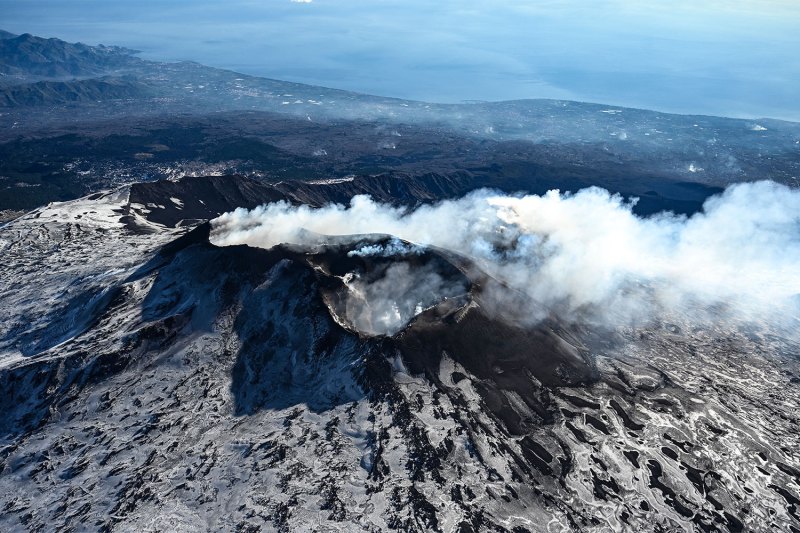
But volcano wines are even more dramatic when mountains formed by the volcanoes become the main geological feature. In places like Spain’s Canary Islands and Mt. Etna within the island of Sicily in Italy, where land is insulated by the sea and the power of the mountains — active and otherwise — rubs off on striking wines. These regions offer a one-two punch provided by the surrounding ocean and towering summits. Think stark minerality with a briny kiss.
Interested? Here are a few volcano wines to try:
Tenuta di Fessina Erse Etna Bianco 2017
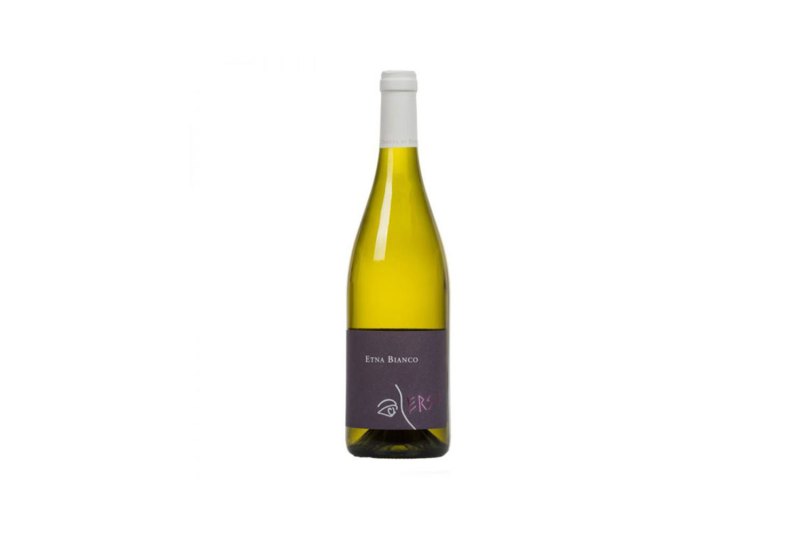
This Mt. Etna wine encapsulates the worthy excitement currently attached to Sicilian wine. It’s briny, juicy, and dry, with a bit of added concentration thanks to what the winery refers to as a “scorching” summer in 2017. The 2017 Etna Bianco is flinty, pleasant, and fun.
Tenuta de Fessina 2012 Reserva Etna Rosso
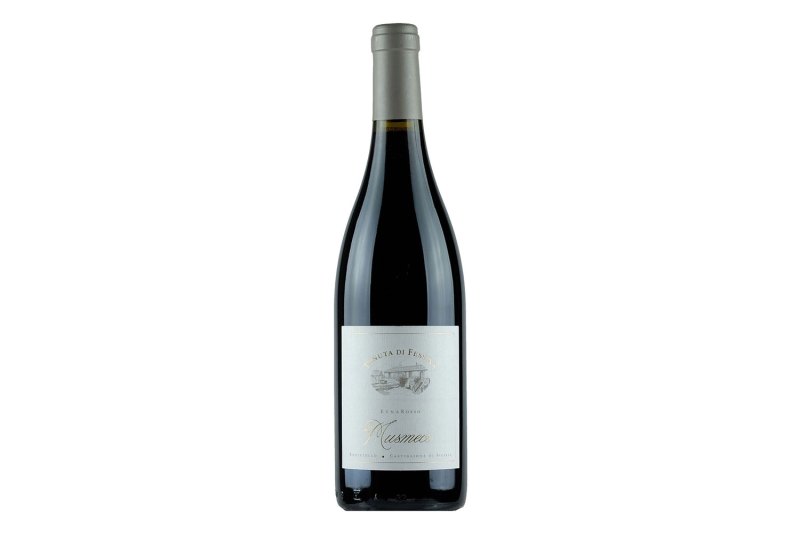
A number of volcano wines are immediately approachable and possess added vigor early on. But they can also age elegantly, as this 2012 Etna Rosso demonstrates. Let it unfold over a couple of hours like a good Pinot Noir and it will impress with flavors of red fruit, leather, and olive tapenade. It’s made primarily from Nerello Mascalese, a grape to look out for in the Sicilian section of your favorite bottle shop.
Los Bermejos Rosado 2017
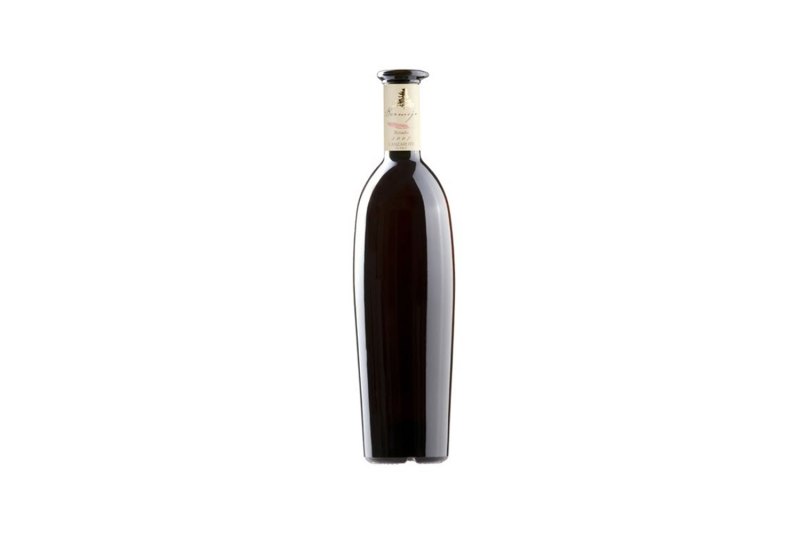
Made entirely of Listan Negro, this talkative rosé shows berry notes, tropical fruit, and a noticeable hint of salty sea-ness. It’s crafted in the easternmost of the Canary Islands, Lanzarote, which wears a thick blanket of volcanic ash.
Fronton de Oro Tintilla 2015

This wine is a nice snapshot of a more traditional red from the Canaries. Made from Tintilla grapes grown at or above 3,000 feet, this wine is gamey with a hint of toast courtesy of four months in American oak barrels. It exhibits the fiery, earthy core of the volcano itself. Interestingly, phylloxera destroyed this lesser-known grape on the mainland of Europe but it remains along this untouched and remote Spanish archipelago.
Planeta Etna Bianco 2018
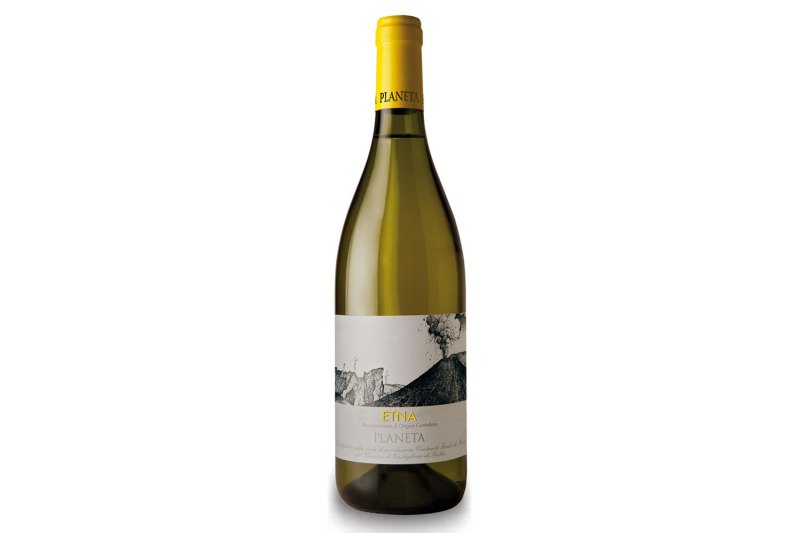
Volcano wines tend to be unrivaled in their ability to marry fruity and savory characteristics. This white blend echoes that claim, offering pear and citrus along with a briny streak and herbaceous qualities. There’s even an underlying nuttiness to the captivating 2018 Planeta Etna Bianco.


